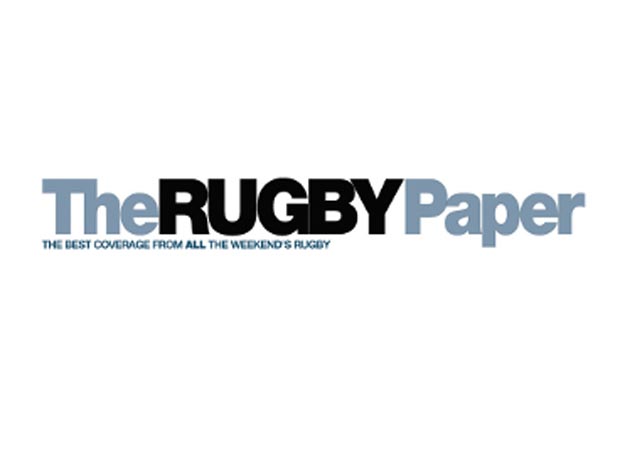The military version of the Rugby World Cup – the IDRC (International Defence Rugby Competition), which has been running in parallel with the Rugby World Cup 2015, will reach its conclusion on Thursday and will be broadcast live on Forces TV.
Taking place at the Twickenham Stoop the final will see the British Army take on the Republic of Fiji Military Forces for the Arthur Leyland Harrison VC Cup.
Harrison, a former England International and Royal Navy Officer, is the only servicemen who played International Rugby to be awarded the VC at the battle of Zebrugge in 1918.
The match will be broadcast live on Forces TV in the UK from 1830 on Sky 264, Virgin 277 and Freesat 652. It will also be broadcast live overseas on the BFBS TV network, which transmits UK TV around the world to forces personnel where ever they are stationed.
Over the past month the Royal Navy, Army and RAF have been joined by nine military teams from Canada, New Zealand, Australia, Tonga, Georgia, Japan, South Africa, France and Fiji for the competition. Matches have been staged at RAF Halton, Aldershot and Portsmouth in three pools.
In the semi-finals, which took place last week Friday at the Twickenham Stoop, Fiji defeated France 37-12 and the British Army won 40-15 against the New Zealand Defence Blacks.
The bronze medal play off between France and New Zealand will also take place on Thursday 29th September at 3pm. Tickets for both games are available at £15.00.
The British Army are the current title holders of the competition, having won the final against Australia down under four years ago.
“The tournament has provided some fantastic Rugby”, said Lt Col Trevor Cottee who is the tournament director. And we’re hoping for a terrific final of open attacking Rugby at the Stoop on Thursday.”
BFBS Forces TV’s Sports Editor Jon Knighton said: “We’re delighted that Forces TV is able to broadcast the IDRC final, which is the most important military rugby game in the world for four years. It’s easy to forget that these players are servicemen first and foremost, and rugby players second.”

























You must be logged in to post a comment Login